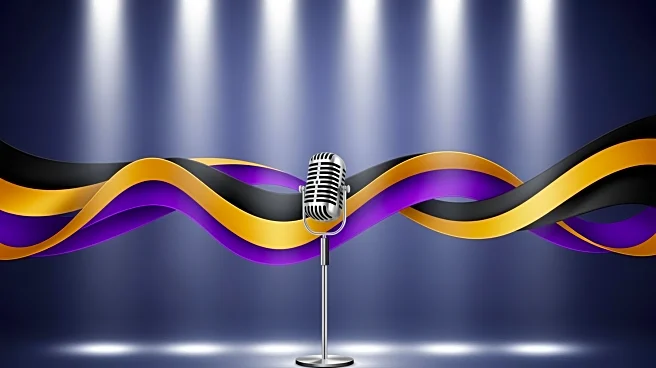What's Happening?
The Federal Aviation Administration (FAA) has granted a one-year exemption to airlines for the installation and use of additional flight deck barriers on new commercial aircraft. This decision comes in response to the need for more time for certification and training related to Installed Physical Secondary Barriers (IPSB), which were mandated by the FAA Reauthorization Act of 2018. The Secondary Barriers Final Rule, adopted in June 2023, required U.S. carriers to install these barriers on all newly manufactured aircraft delivered after August 25, 2025. However, Airlines for America (A4A) raised concerns about the timeline, citing the lack of FAA certification and training materials. The FAA acknowledged these challenges and agreed that it was not feasible for airlines to provide initial IPSB training by the deadline. The exemption allows airlines to continue using improvised non-installed secondary barrier methods until certification is complete.
AD
Why It's Important?
The exemption is significant as it addresses the practical challenges faced by airlines in complying with the congressionally mandated safety requirement. The delay in certification and training materials has created an 'impossible timeline' for operators, according to A4A. While the exemption provides temporary relief, it has sparked disappointment among pilot and flight attendant unions, who argue that airlines have had ample time to prepare. The decision highlights ongoing tensions between regulatory requirements and operational feasibility, impacting aviation security and safety protocols. The exemption also underscores the complexities involved in implementing new safety measures in the aviation industry.
What's Next?
The FAA's decision to grant a one-year exemption is a compromise, as A4A initially sought a two-year delay. The exemption allows time for IPSB certification and the development of training programs for flight crews. Once certified, airlines will need to obtain FAA approval for these programs. The exemption may lead to further discussions and negotiations between airlines, unions, and regulatory bodies to ensure compliance with safety requirements. The ongoing debate over the timeline and feasibility of implementing IPSB highlights the need for collaboration among stakeholders to enhance aviation security.











